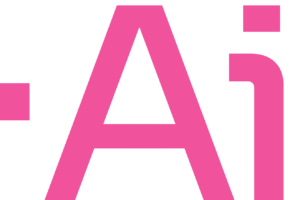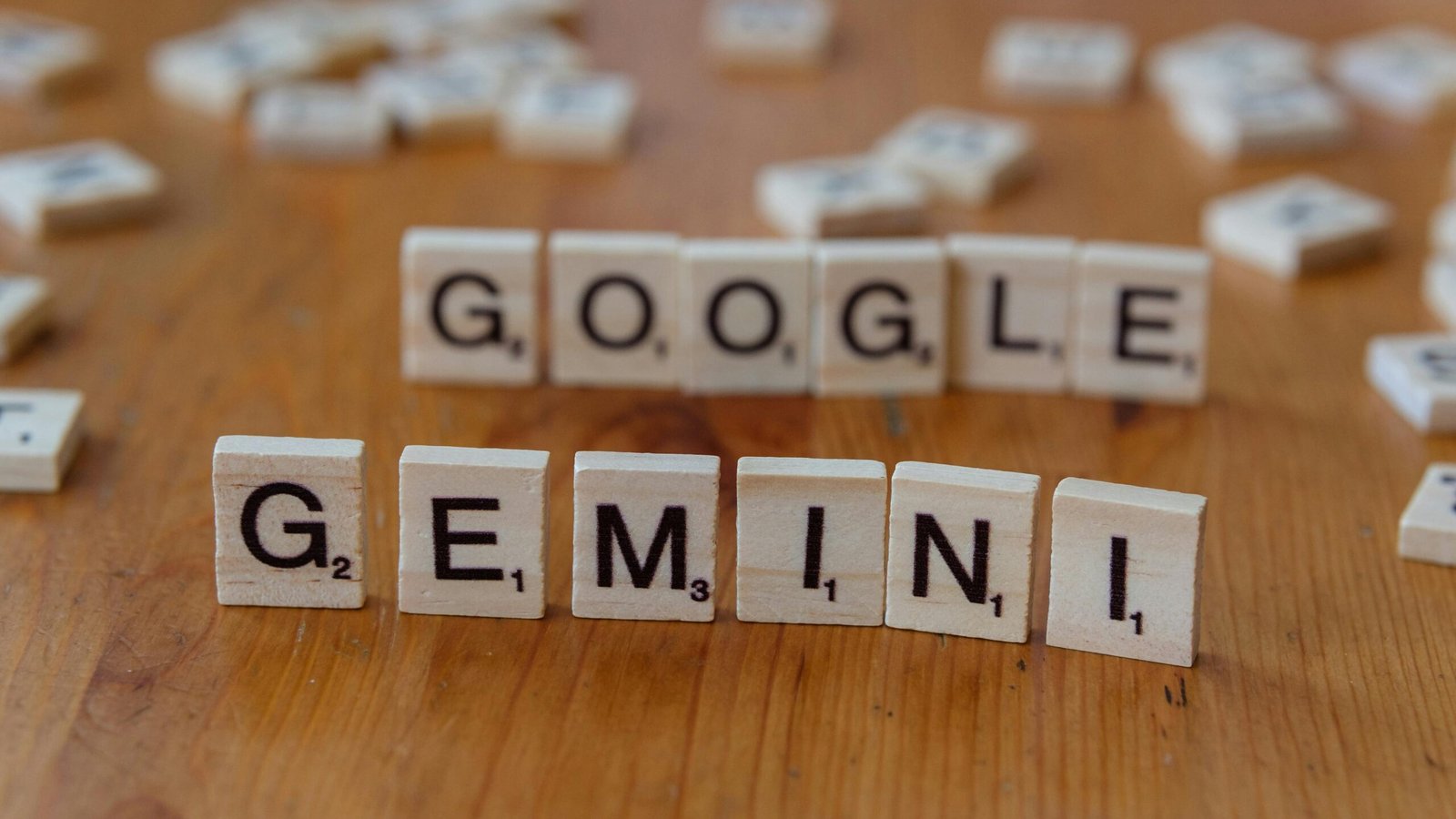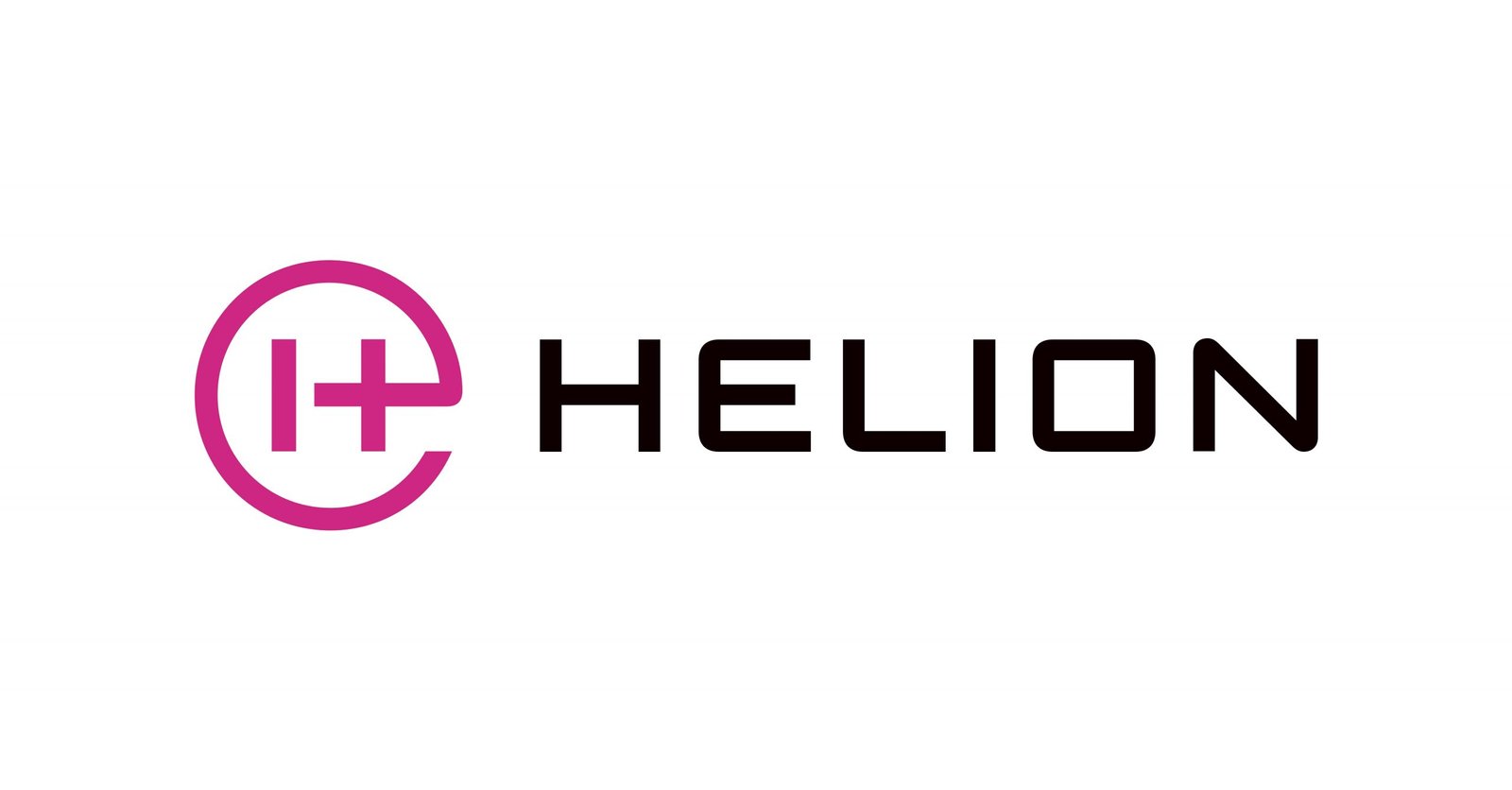Imagine a world where computers can learn and “think” almost like us. That’s Artificial Intelligence (AI), and it’s already changing our daily lives, from smart assistants on our phones to how we find information online. Because AI is becoming so important, Google, a major tech company, announced a huge plan to help people in the U.S. get ready for this new era.
They are investing an incredible $1 billion over the next three years to boost AI education and job training in the United States. Google believes that to succeed in many future jobs, people will need to know how to use AI. This investment aims to help students and workers gain these essential skills, making AI knowledge accessible to “students from all backgrounds”.
What’s in the $1 Billion Package?
Google’s $1 billion commitment is focused on giving Americans practical AI skills through several key programs.
Free AI Training for College Students
A main part of Google’s plan is the “AI for Education Accelerator,” which offers free AI training and “Google Career Certificates” to every college student in America. Over 100 colleges and universities, including the University of Michigan and Ohio State University, have already joined. These “Google Career Certificates” are flexible online programs designed by Google experts to provide job-ready skills for high-paying fields, now including practical AI training. More than 150 U.S. employers recognize these certificates, helping graduates find jobs and addressing the “widening skills gap”.
Also, all U.S. college students (18 or older) can get a free 12-month Google AI Pro plan. This gives them free access to Google’s most advanced AI tools, usually only available through paid subscriptions. This helps students get familiar with Google’s AI tools early on, similar to how Google Workspace for Education is used by over 80% of top U.S. universities.
To help understand these advanced tools, here’s a simple breakdown:
| Tool Name | What it is (Simple Explanation) |
| Gemini 2.5 Pro | Your super-smart thinking buddy. It helps with homework, brainstorming, and thinking through problems. |
| Deep Research | Your personal internet detective. It sifts through information from hundreds of websites to compose custom research reports. |
| NotebookLM | Your ultimate study organizer. It helps organize notes, articles, and videos, connects ideas, and summarizes long texts. |
| Veo 3 | Turn your ideas into short videos. This tool transforms text or an image into a short video with sound. |
| Jules | Your AI coding helper. This AI agent helps with computer programming tasks like writing tests, fixing bugs, and building new features. |
Beyond Colleges: How Google is helping non-profits and other workers
Google’s $1 billion commitment also extends to non-profit organizations, making these valuable programs available for free. Google.org, the company’s charitable arm, runs an “AI Opportunity Fund.” This fund supports organizations that train workers, especially those who need extra help to learn new skills, by providing financial assistance, training programs, mentorship, and practical aid like childcare vouchers. This aims to make AI skills truly available to everyone.
Another initiative, “AI Works for America,” launched in July 2025, plans to train over one million Americans in essential AI skills. This program partners with local libraries, community colleges, and non-profits like Goodwill and the Institute for Veterans and Military Families (IVMF), focusing on rural and underserved communities. Participants can access courses like “Google AI Essentials” and “Google Career Certificates” at no cost.
Why Now? The AI Revolution and the Job Market
Google’s large investment comes at a time of rapid AI development and its big impact on jobs.
The AI Race: Everyone’s building AI, and Google wants to lead
The tech world is very competitive, with major companies like Microsoft and Meta all trying to lead in AI. Sundar Pichai, Google’s CEO, has said that companies need to use AI to become more efficient. Google plans to spend about $85 billion on projects in 2025, mostly for building the “brains” and “muscles” that power advanced AI. This suggests AI is seen as a way to make existing teams more productive, making AI skills important for many employees.
AI and Jobs: How AI is changing work and why new skills are needed
AI’s rise has led to questions about its effect on jobs. Some business leaders predict that generative AI could lead to companies reducing their workforce due to big productivity gains. For example, entry-level job listings were down 15% over the past year, and some job cuts have been linked to AI.
However, AI often replaces tasks within a job, not entire jobs. This means new tasks and responsibilities emerge, requiring workers to learn new skills. Companies that use AI often grow and, in the long run, may even
increase their total number of employees, especially for roles needing higher education and technical skills. Google’s investment helps people adapt and succeed in these changing job markets.
Google’s Vision: Making AI knowledge available to everyone and raising “AI natives”
Google’s investment is about preparing for the future. Sundar Pichai believes knowing how to use AI will greatly benefit students as they enter the workforce. Google calls today’s students the first true “AI natives” because they are growing up with this technology. The company thinks these young people will use AI in unexpected ways, possibly creating entirely new jobs that don’t exist yet. This vision is about helping a new generation of innovators who will push the boundaries of AI.
Building AI Responsibly: Google’s Approach
As AI grows, it’s crucial to develop and use it responsibly. Google sees this as a core part of its AI strategy.
What “Responsible AI” means: Making sure AI is fair, safe, and helpful
It’s very important that AI is built to be fair, safe, and helpful for everyone. Google focuses on “Responsible AI,” meaning the benefits of AI should always outweigh any potential problems. Since 2018, Google has used “AI Principles” as a guide for developing AI. These principles cover fairness, accountability, safety, and privacy. Google has a “Responsible Innovation team” to ensure these principles are followed, which helps build public trust, as a “lack of trust in AI systems is a growing barrier to adoption”.
How Google is teaching ethical AI use
Google is actively teaching how to use AI ethically. They have tools like “Explainable AI” and “Model Cards” to help users understand how AI makes decisions, making it more transparent. Google also shares its “Responsible AI practices”. For example, their “Google AI Essentials” course includes a module on “Use AI Responsibly,” teaching ethical considerations from the start. This shows Google’s commitment to embedding ethics into the skills of future AI users.
The Bigger Picture: Impact on America’s Future
Google’s investment in AI education is expected to have a big impact on America’s workforce and economy.
Bridging the skills gap and boosting the economy
Experts believe AI can significantly boost the economy, potentially increasing the U.S. Gross Domestic Product (GDP) by 10% to 15% over the next decade . This could add trillions of dollars to the economy. Businesses investing in AI often grow and increase their employee numbers, especially for skilled roles. Google’s plan to train over one million Americans helps bridge the “skills gap,” preparing the workforce for these economic opportunities. This investment in people is key to strengthening the U.S. economy and its global standing in the AI era.
Addressing concerns: What about cheating or critical thinking?
The rise of AI brings concerns, such as students potentially cheating or critical thinking skills decreasing. There are also worries about AI creating “deepfakes” or spreading misinformation. Google acknowledges these challenges and is working with educators, developing tools like “Guided Learning” in Gemini. This feature helps students understand complex concepts step-by-step, rather than just giving answers. This shows Google’s aim to use AI to
improve learning and critical thinking.
The long game: Preparing for jobs we can’t even imagine yet
Ultimately, Google’s investment is about preparing for a fast-changing future. By giving students and workers AI skills, the company is equipping them not just for today’s jobs, but for entirely new jobs that haven’t been invented yet. The goal is to create a generation of “AI natives” with the adaptability and knowledge to thrive in a world where AI will unlock new industries and roles.
Ready for What’s Next?
Google’s $1 billion commitment to AI education and job training in the U.S. is a major step in preparing the nation for an AI-powered future. This investment aims to empower millions of Americans, from college students getting access to AI tools and career certificates to individuals in underserved communities receiving training. The world of AI is full of possibilities, and learning about it can open new doors. Google’s investment signals that the future will be deeply connected with AI, and with the right skills, anyone can help shape it.
Article was written with the assistance of Ai.















